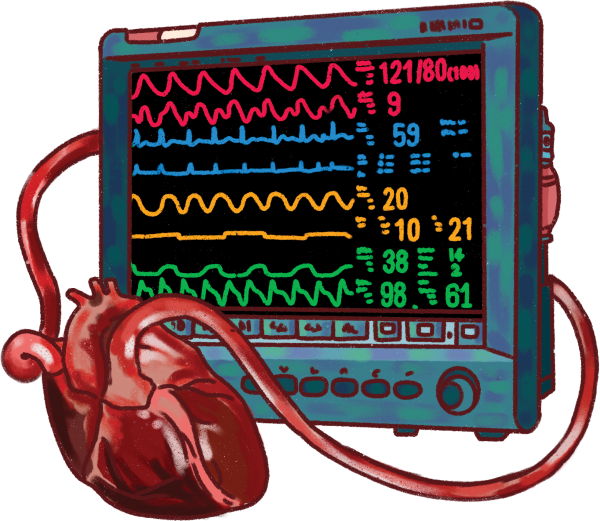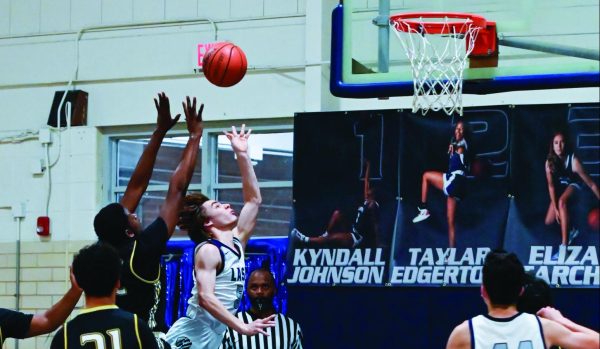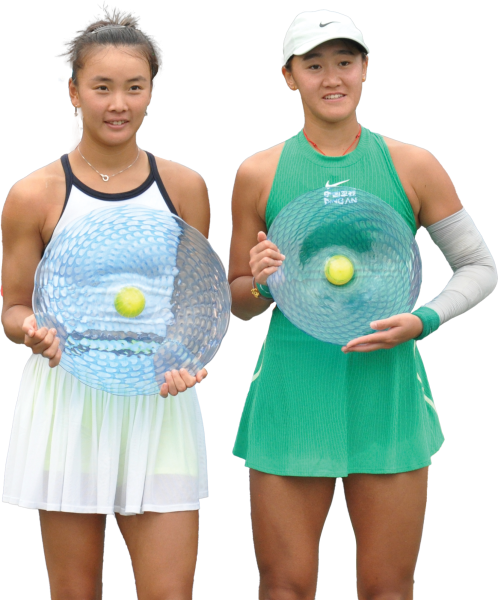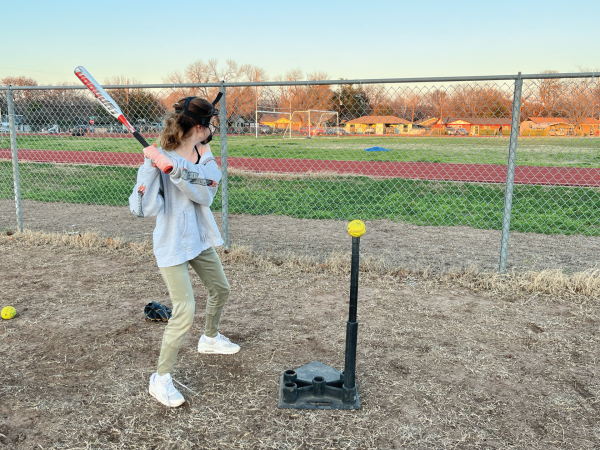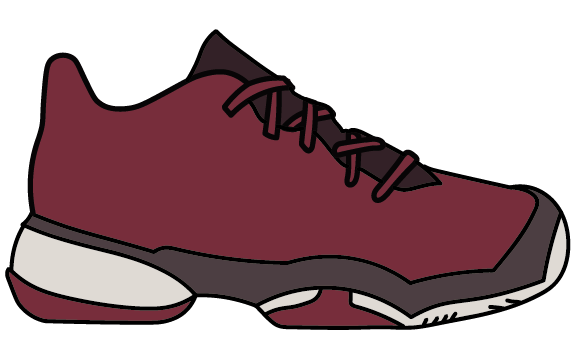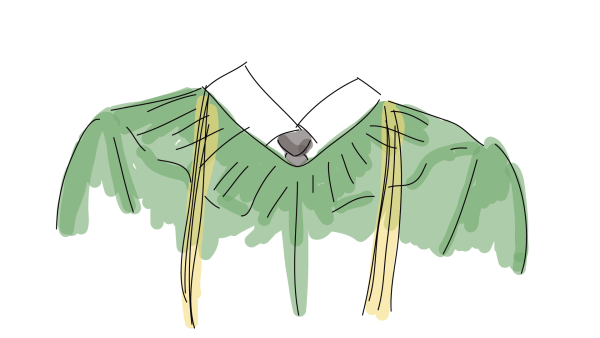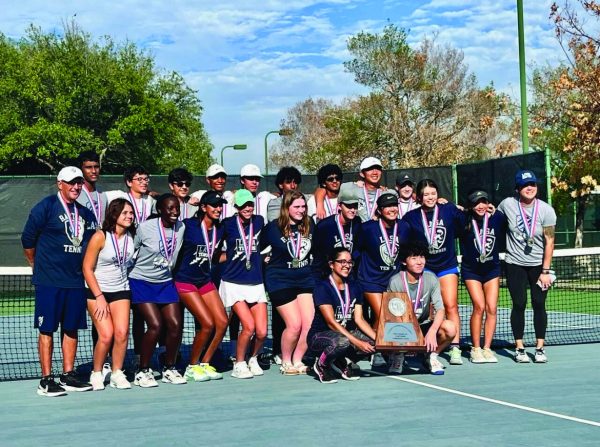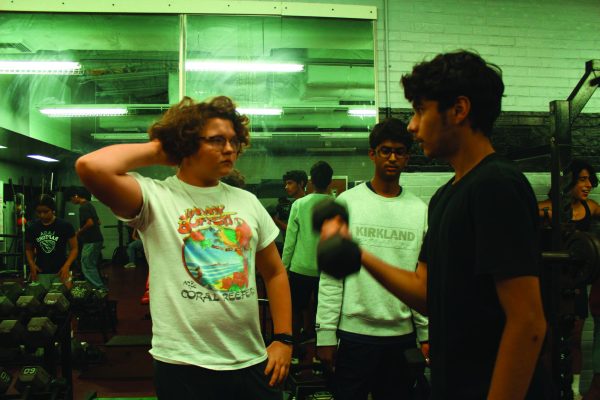No Gym, No Problem: How Athletes are Staying Fit at Home
November 15, 2020
Many students turn to fitness as a way to unwind after a long day of school, but due to the COVID-19 pandemic, gyms across Austin were forced to close in order to comply with public health guidelines. Without access to a gym, many LASA students have found an alternative by working out at home.
Gyms and school athletics provide students with access to equipment that they may not have at home, making workouts more effective. Students are having to use what they have in order to stay in shape and to stay safe.
Senior Elena Gareau has turned to home workouts in order to exercise while gyms are closed. Gareau has been biking at Veloway Park and following YouTube workouts from her home.
“When school was going on [in the spring], I was super busy and exercising became really low priority for me because I was just trying to get all my work done,” Gareau said. “So when quarantine started and I had more time, I just realized that it’s good to be healthy.”
Gareau has found that there are a lot of benefits to working out at home instead of in a gym, such as privacy and comfort. However, she found that there are still some downsides to home workouts.
“[Working out at home], I guess, is more comfortable, but you don’t get that motivation from other people around you, so it’s harder to motivate yourself,” Gareau said.
Before the COVID-19 pandemic, senior Logan Vaz did not workout at the gym and instead played soccer on the school team. Due to the pandemic, he had to stop playing sports through LASA, so he started working out from his house using the equipment he had at home.
“I’m currently not playing any sports, and I don’t think I will this year,” Vaz said. “Every other year of high school I’ve played soccer for school, though. My parents have a lot of exercise equipment making it easier to exercise at home.”
Similarly to Gareau, Vaz has been able to look at the benefits of working out, whether it be at home or not. In order to encourage himself while working out, he sets goals for himself and works to achieve them.
“Physical activity helps clear the mind because you become focused on what you are working on, which helps with aspects like stress management,” Vaz said. “It also feels really good when you reach a goal you hadn’t been able to before, whether that’s going up in the amount of weight being lifted, the amount of distance being run or something less tangible.”
Due to the COVID-19 pandemic, school is online, which means that students aren’t getting to stand up and walk to their next class or play sports with their friends during lunch. Vaz has found that by working out at home, he is able to still be active although he’s not at school.
“The immediate feedback of the work I put in is nice, [but] the other aspect is probably with pain; fitness can help alleviate some of the pain that is caused due to [a] life sitting by a computer,” Vaz said.
Junior and varsity softball player Frankie Gigliotti said she values sports and fitness regularly in her everyday life. Not only does she play softball through school and work out at home nearly every day, but she is also a sports editor for the LASA Stetson yearbook.
Gigliotti usually exercises outside, so she is still able to work out as she did before the pandemic began. However, the majority of her workouts took place at softball practices that are now canceled as a result of the pandemic, and Gigliotti is unaware of how the future of the spring softball season will be handled.
“It’s harder to motivate yourself, like when softball was in season, we were there at practice, and we had to do what we were told, but now, there’s less of that,” Gigliotti said.
Although Gigliotti is ready for the softball season to start, she has begun to enjoy her home workouts. Additionally, she has more appreciation for the benefits of fitness.
“Fitness is important because it makes me happy, and it’s a good way to take my mind off things,” Gigliotti said.

